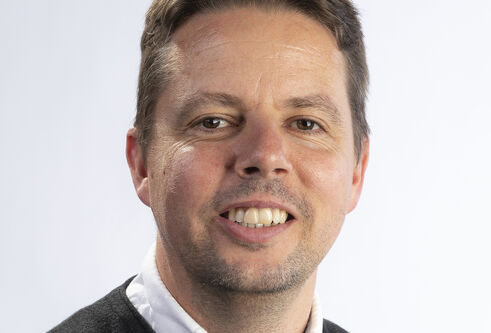PhD opportunity
Modelling the dynamic behaviour of microplastics in coastal and estuarine sedimentary systems
Unfunded
31 January 2026
Marine litter and microplastic (MP) pollution is regarded as one of the most critical global environmental problems, affecting seas and oceans throughout the world with widespread detrimental impacts on sensitive habitats and organisms living therein. Surprisingly little remains known, however, about the transport pathways and ultimate fate of MPs (i.e. plastic particles/fibres < 5 mm in size) in both deep marine and shallow coastal waters. In coastal margins, significant concentrations of MPs have been discovered in natural sediments (e.g. beaches, intertidal/subtidal estuarine sandbars and mudflats) through extensive sampling at numerous coastal sites worldwide. However, there is currently a lack of fundamental knowledge on how MPs are deposited, stored and partitioned within natural sediments (e.g. sands and muds) and whether their storage in coastal sediments is permanent or merely a transient step in a longer transport pathway to deep ocean basins. Addressing current knowledge gaps surrounding MPs requires new physical insights into their dynamic behaviour, and particularly their interaction with, and incorporation into, mixed cohesive (mud) and non-cohesive (sand) sediments often found in coastal and estuarine environments. As yet, no precise details on underlying sediment-MP interactions at particle scales are available, and the role of multifractional aggregation and flocculation processes in MP settling, deposition, intrusion and partitioning within (as well as resuspension from) mixed (sand-mud) sediment bed deposits remains undefined.
The project will investigate fundamental MP-sediment processes through idealised laboratory experiments conducted in existing test facilities: an oscillating grid-stirred settling column [1,2]; and a benthic annular flume system. It is anticipated that these tests will provide parametric data to support the development of a new model for assessing the fate of MPs in mixed (sand-mud) coastal sediment systems. This will incorporate new and improved representation of particle aggregation/flocculation, mixing and sedimentation processes for multi-fractional suspensions (i.e. sand, mud, MPs), as well as an enhanced sediment bed model designed to account for segregation and partitioning of MPs in natural coastal sediment deposits.
References:
- Cuthbertson, A. J. S., Dong, P. and Davies, P. A. (2010). Non-equilibrium flocculation characteristics of fine-grained sediments in grid-generated turbulent flow. Coastal Engineering, 57(4), 447-460.
- Cuthbertson, A. J. S. and Samsami, F. and Dong, P. (2018). Model Studies for Flocculation of Sand-Clay Mixtures. Coastal Engineering, 132(2), 13-32. https://doi.org/10.1016/j.coastaleng.2017.11.006.
Diversity statement
Our research community thrives on the diversity of students and staff which helps to make the University of Dundee a UK university of choice for postgraduate research. We welcome applications from all talented individuals and are committed to widening access to those who have the ability and potential to benefit from higher education.
How to apply
- Email Dr Alan Cuthbertson to
- Send a copy of your CV
- Discuss your potential application and any practicalities (e.g. suitable start date).
- After discussion with Dr Cuthbertson formal applications can be made via our direct application system.

